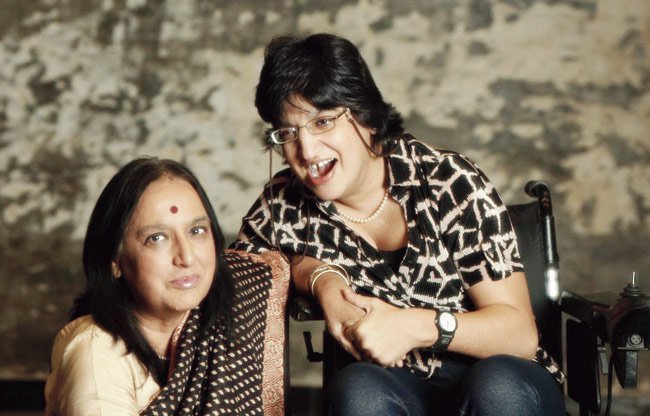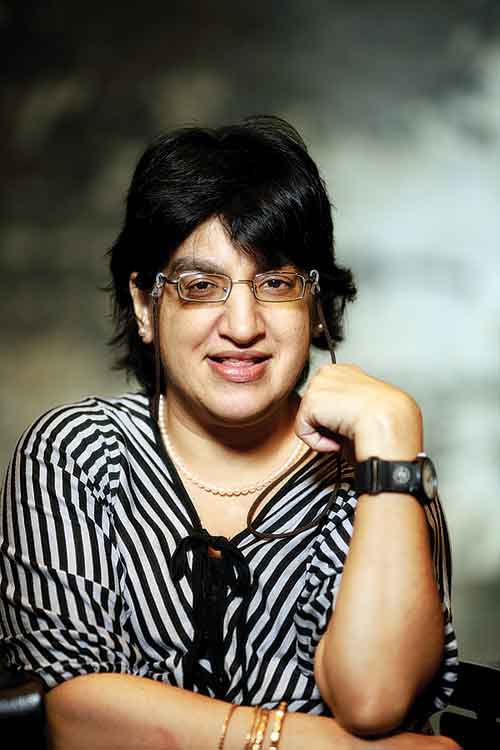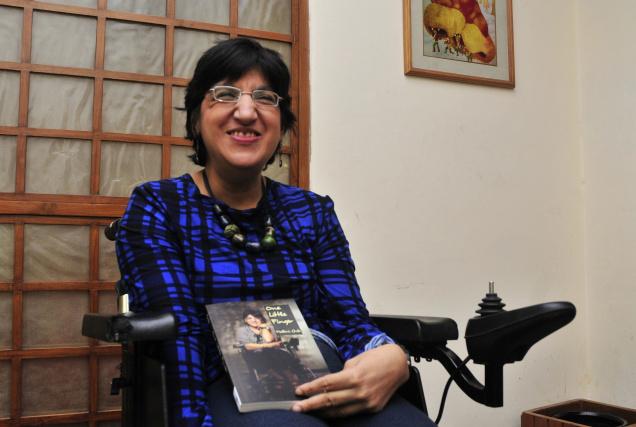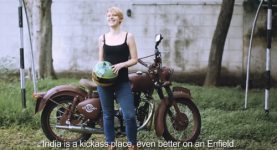What Are Exoplanets And How NASA Detects Life Beyond Our Solar System
Bharti Airtel Set To Acquire Telenor India Within This Year
Google Celebrates NASA’s Discovery Of Seven Earth-Like Planets With An Animated Doodle
Some Home Remedies That Might Sound Bizarre But Actually Work Like A Charm
Akshay Kumar Feels He Has Made Enough Money, Now Wants To Focus On Content & Characters
Delhi ATM Dispenses Fake Rs 2000 Notes From ‘Childrens Bank of India’ With ‘Churan Lable’
Adolf Hitler’s Personal Telephone During World War II Is Up For Auction In The US
From Salman Khan To Rekha, Neil Nitin Mukesh’s Wedding Reception Was Quite A Starry Affair
Meet Malini Chib The Woman Who Overcame Cerebral Palsy and Inspired Margarita With A Straw
In the face of hardships, we have two choices. To either give up and let the negativities grow or to get up and fight. Back in 1966, when doctors told Mithu Aloor that her one-year old daughter, who was diagnosed with acute cerebral palsy, had only 72 hours to live, she did not lose hope so easily. It was the determination of this lady that gave us Malini Chib, a disability rights activist, whose much appreciated book 'One Little Finger' was made into the movie, Margarita with a straw, starring Kalki Kolechin. Today, 50-year-old Malini Chib is an inspiration for everyone who thinks that a person's disability comes in the way of achieving big things in life. Due to lack of oxygen during birth, Malini was diagnosed with an acute cerebral palsy. It's a neurological condition which causes impairment of movement and speech. But a person's intellect and the ability to reason remain unaffected. Because India is not a disabled-friendly country, Malini's parents flew her to England, where she was admitted to one of the best special needs schools. Her mother also took up a training programme in special education from London University.
Today, Malini Chib holds 2 Masters degrees from London, one in Gender Studies, and the other in Library Sciences and Information Management. She has also set up the ADAPT Rights Group (ARG), an organisation that fights for the inclusion of the differently-abled.
For Malini, it's difficult to communicate verbally. She uses a lightwriter, a device which helps people with speech loss to communicate. She wrote her autobiography on a lightwriter by using just one finger that she could move.

‘One Little Finger’ is an emotional and inspiring account of a girl with physical disability, whose intellect and emotional abilities are intact, and but showcases her struggles to find her identity.
Her book was widely appreciated and throws light on the fact that a person's physical disability does not make him or her any less capable of feeling normal human emotions. In her books, she draws attention towards the society's lack of will to include people with special needs, into the mainstream. As one of the excerpts from her book reads:






